
Whale, dolphin and porpoise strandings have doubled in the UK over the last 10 years to 782, according to a new study.
The Whale and Dolphin Stranding Scheme at the Natural History Museum blames an increase in fishing activity, which it says leads to more “by-catch”. This can occur when dolphins or whales chase fish into giant nets, where they then get entangled in the gear.
The government, which part-funded the research, hopes to reduce by-catch by restricting certain types of trawling. The Department for Environment, Food and Rural Affairs (Defra) is also testing new designs of “dolphin friendly” nets, which either have an escape hatch or acoustic devices to keep the mammals away.
“I have always maintained that we must take firm action to reduce injury and death to dolphins from this fishery,” said minister Ben Bradshaw.
Pair trawling
Strandings of cetaceans (the group that includes whales, dolphins and porpoises) have increased from 360 in 1994 to 782 in 2004, the report finds.
Since only a fraction of dead whales and dolphins will eventually arrive on beaches to be counted, the actual number of cetacean deaths is almost certainly much higher.
“We believe that the numbers of animals we see stranded probably represents 10% of what is being killed out there,” Richard Sabin, of the Natural History Museum, London, told the BBC News website.
Marine strandings can occur for all sorts of reasons – many of them nothing to do with human activity.
“Some live strandings are natural events,” said Mark Simmonds, of the Whale and Dolphin Conservation Society.
“The animals may make navigational errors; then again, they are highly dependent on one another, so if one becomes sick or injured the others may stay with it, even at risk to themselves.”
However, natural whale strandings are likely to stay constant – so something else is probably going on around UK waters.
Richard Sabin believes the soaring numbers of cetacean deaths can be attributed to an increase in a certain method of sea bass fishing, known as pair-trawling, where great nets are suspended between two vessels.
Pair trawling generally occurs between the months of November and April and, sure enough, the greatest numbers of dolphin strandings occur at the same time.
“If you look at the numbers of common dolphins stranded over the winter months, they increase as a direct correlation,” said Dr Sabin. “By-catch is completely indiscriminate. It takes the young and the old – everyone gets involved.”
Source: BBC News



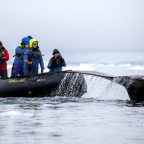
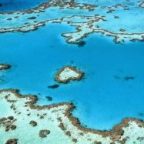
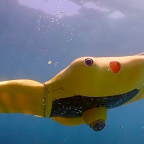
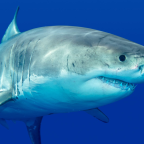
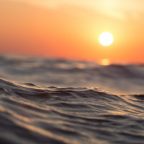
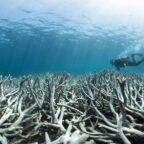
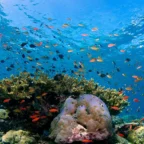


Social Profiles